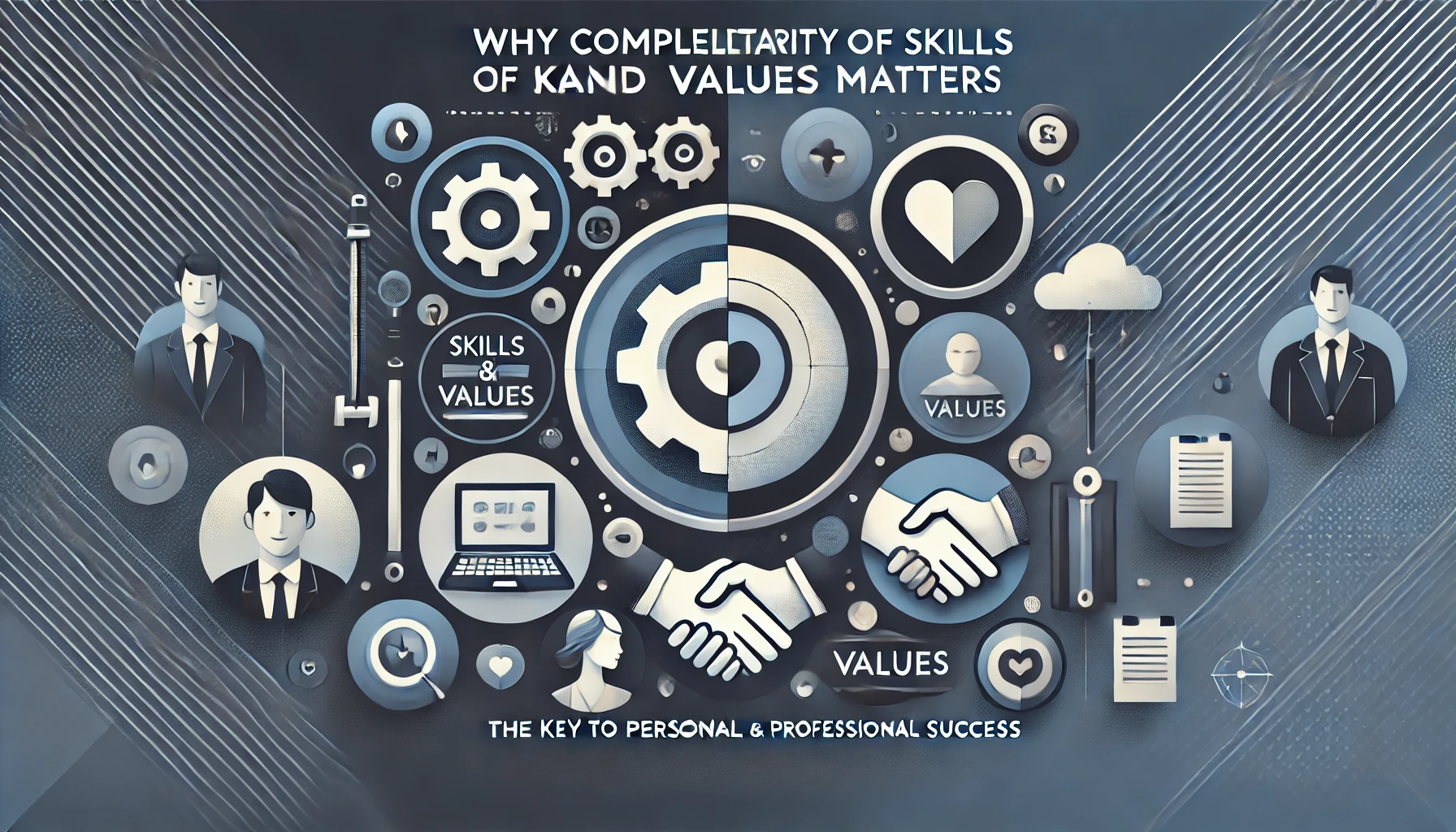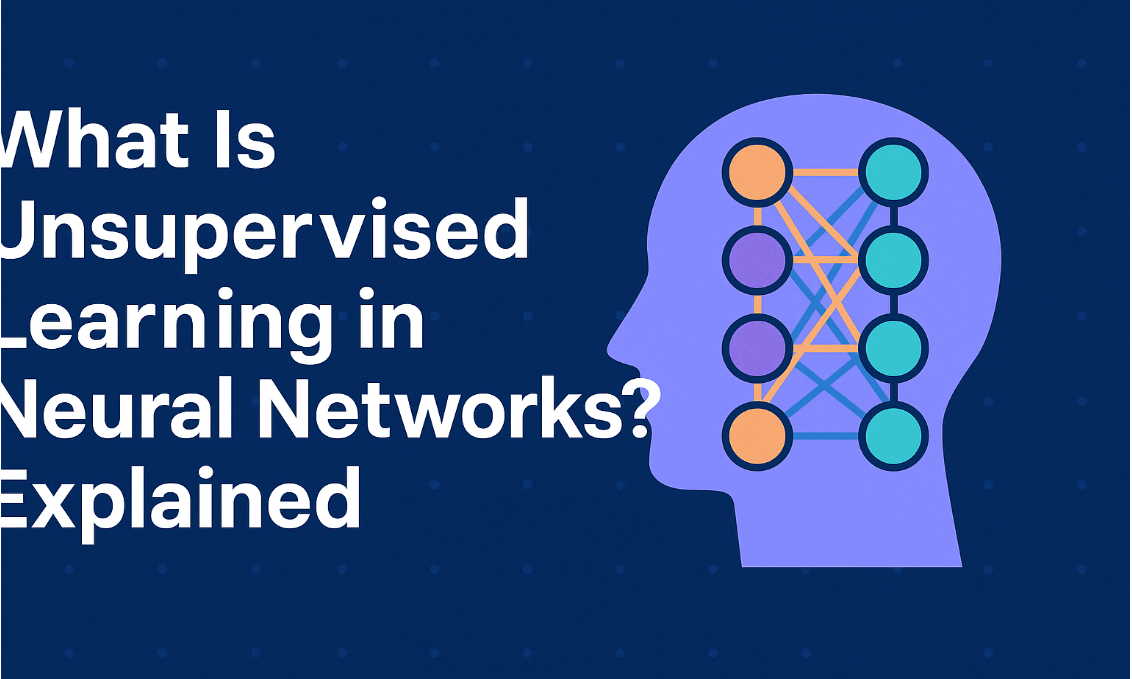
Complementarity of Skills and Values: Building a Holistic Foundation for Success
In today's fast-evolving world, the balance of technical skills and core values is more essential than ever. Whether in personal growth, career success, or societal impact, complementing skills with values is the cornerstone of a meaningful, sustainable life. This blog explores the complementarity of skills and values, examining its historical importance, real-life applications, benefits, challenges, and solutions to optimize personal and professional growth.
What Is the Complementarity of Skills and Values?
The concept of complementarity between skills and values refers to the interconnectedness of technical competencies and ethical principles. While skills enable individuals to perform tasks and achieve tangible results, values ensure that these abilities are exercised ethically and responsibly. This combination enhances not only individual success but also contributes to the broader well-being of society.
For example, a software engineer may have highly technical coding skills, but without values such as integrity and responsibility, they could misuse those skills, leading to potential security risks or ethical breaches. The integration of skills with values fosters responsible professionals who not only excel in their fields but also positively impact their communities.
Historical Evolution of Skills and Values in Education and Society
Historically, education was deeply rooted in moral and philosophical teachings. Ancient educational systems, such as those in Greece, Rome, and India, emphasized virtues like wisdom, courage, and humility alongside skill development. Philosophers like Socrates and Confucius advocated for an education that balanced intellectual prowess with ethical behavior.
In the industrial era, the focus shifted primarily to skills to meet the demands of manufacturing and technological progress. This period saw an emphasis on vocational training and skill-specific education, often sidelining values. However, with the onset of the digital age and increasing global interconnectedness, there is renewed awareness of the importance of complementing skills with values, leading to a more holistic approach in both educational systems and professional development.
Importance of Balancing Skills with Values
Ethical Decision-Making: Skills without values can lead to unethical practices, while values without skills may lack effective action. For example, a healthcare professional needs technical knowledge and compassionate care to make ethical decisions that prioritize patient well-being.
Sustainable Success: Values like integrity, respect, and accountability promote long-term success, enabling individuals and organizations to build trust with clients, employees, and society.
Social Responsibility: The modern workforce has a growing need for socially responsible professionals who can leverage their skills to address social, environmental, and economic challenges.
Adaptability and Resilience: Values such as resilience, empathy, and continuous learning enable professionals to adapt to changing environments and build meaningful careers.
Real-World Examples of Complementarity of Skills and Values
Technology Industry: Many tech companies prioritize ethical guidelines in data handling and cybersecurity. For instance, Google’s principles emphasize “Do the right thing,” promoting data privacy alongside technical innovation.
Healthcare: Healthcare professionals exemplify the balance of skills and values, where medical expertise is complemented by values like compassion, integrity, and patient advocacy.
Education Sector: Teachers and educators work to develop students’ intellectual skills and instill values like respect, curiosity, and responsibility, shaping future generations to contribute positively to society.
Advantages of Complementing Skills with Values
Improved Interpersonal Relationships: Values foster collaboration and empathy, enabling more effective teamwork and conflict resolution.
Enhanced Job Satisfaction: Professionals who integrate values with their skills tend to find greater fulfillment in their work, as they align their roles with personal beliefs and societal impact.
Positive Social Impact: A value-driven approach can lead to initiatives that benefit society, such as ethical business practices, environmental sustainability, and social justice.
Increased Employability: Employers often seek candidates who demonstrate both technical skills and soft skills, such as leadership, integrity, and ethical judgment.
Challenges of Implementing Complementary Skills and Values
Pressure for Immediate Results: In fast-paced work environments, there may be a greater emphasis on productivity over ethics, leading to compromises in values.
Diverse Value Systems: Different cultures and individuals may have varying perspectives on values, leading to conflicts in workplace ethics and decision-making.
Lack of Training in Values: Educational institutions and workplaces may not provide sufficient training on the importance of values, focusing primarily on skill acquisition.
Maintaining Integrity under Adversity: Practicing values can be challenging in high-stakes situations, where adhering to ethical principles may come at a professional or financial cost.
Courses and Programs on Skill and Value Development
- Ethics in Professional Life: Many universities offer courses in business ethics, healthcare ethics, and professional ethics to help students understand the importance of values in their careers.
- Soft Skills Training: Programs focusing on communication, leadership, and emotional intelligence develop soft skills, which are essential for ethical decision-making and empathy.
- Corporate Social Responsibility (CSR) Training: Some organizations offer CSR training to employees, emphasizing the importance of social impact and ethical conduct in the corporate world.
- Mindfulness and Empathy Workshops: Courses on mindfulness and empathy are gaining popularity, helping professionals balance technical skills with emotional and ethical values.
Disadvantages of Focusing Solely on Skills or Values
Skills Without Values: Focusing solely on technical skills may lead to a lack of empathy, ethical issues, and limited adaptability to societal changes.
Values Without Skills: On the other hand, values alone without practical skills may hinder effective action, making it difficult to achieve meaningful results or solve complex problems.
Balancing both ensures a well-rounded professional who can contribute positively and effectively.
Problem-Solving Example: Complementing Skills with Values
Imagine a project manager leading a team to develop an AI-powered product. The project requires advanced technical skills to complete the software, but also values like integrity and responsibility. The manager must ensure that data privacy is upheld, avoid biased algorithms, and prioritize transparency with stakeholders. By balancing technical expertise with ethical principles, the team can deliver a product that benefits users and aligns with societal standards.
Results of Integrating Skills and Values
Professionals who effectively integrate skills with values tend to experience greater success and fulfillment. Organizations that prioritize ethical values alongside skills see improved employee morale, customer trust, and long-term growth. On a societal level, this integration contributes to a more informed, ethical, and empathetic world.
Conclusion
The complementarity of skills and values is essential for building well-rounded, responsible, and impactful individuals and organizations. As our world faces increasingly complex challenges, it’s clear that neither skills nor values alone are sufficient. The balance of both enables us to make ethical decisions, solve problems creatively, and contribute meaningfully to society. Emphasizing this complementarity in education, workplace training, and personal development can lead to a more sustainable, ethical, and successful future for all.
FAQs
Q. Why is it important to balance skills with values?
A. Balancing skills with values is essential because it leads to ethical, responsible actions in personal and professional life. Skills enable individuals to achieve goals, while values guide them to do so responsibly and ethically, benefiting both the individual and society.
Q. What does the complementarity of skills and values mean?
A. The complementarity of skills and values refers to the synergy between technical skills and ethical values, ensuring that abilities are applied in a way that is both effective and morally sound.
Q. How can values impact workplace performance?
A. Values like integrity, respect, and empathy improve teamwork, trust, and decision-making in the workplace. These values ensure that technical skills are applied positively, leading to better long-term outcomes and stronger professional relationships.
Q. What are the benefits of integrating values with skills in education?
A. Integrating values with skills in education fosters holistic development, teaching students not only technical competencies but also ethical and social responsibility. This approach prepares students for both professional success and positive societal contributions.
Q. What are some examples of complementing skills with values in real-life?
A. In healthcare, medical expertise paired with compassion leads to better patient care. In technology, coding skills complemented by data privacy values ensure ethical handling of user information.
Q. What are the disadvantages of focusing only on skills?
A. Solely focusing on skills can lead to unethical practices, lack of empathy, and potential misuse of abilities. Without values, skills alone may not benefit society and can even cause harm if misapplied.
Q. How can I develop both skills and values for personal growth?
A. Personal development courses in soft skills, ethics, emotional intelligence, and mindfulness can help you cultivate values that complement your technical skills, resulting in a well-rounded personal and professional life.








